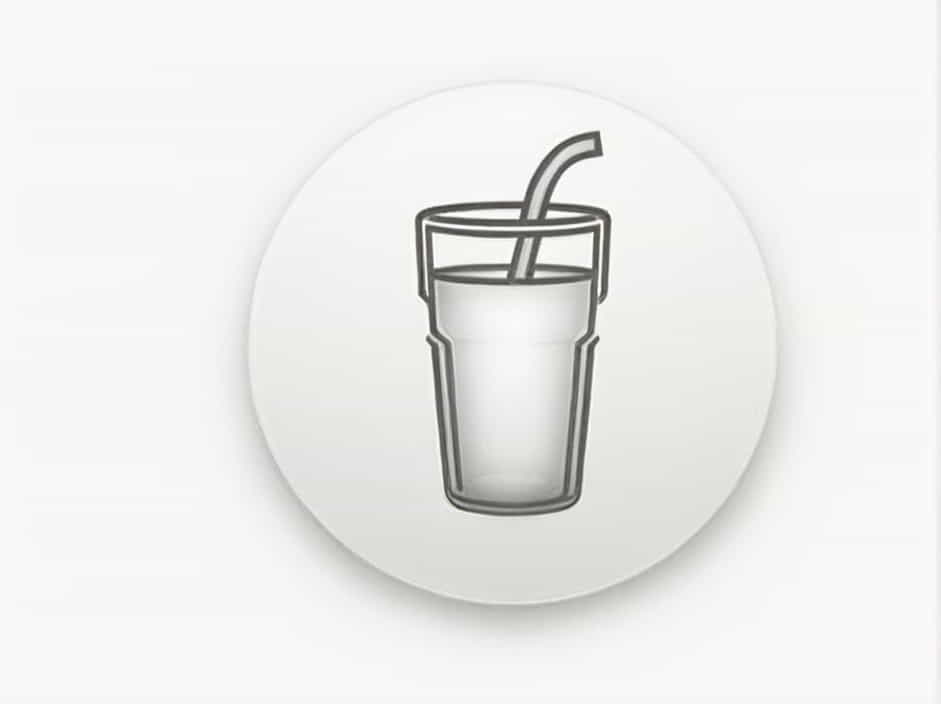Thirsty is a term commonly used to describe the feeling of needing water or fluids. It is a natural response from the body, signaling that it requires hydration. However, the word “thirsty” can also have different meanings depending on the context.
This topic will explore the definition of “thirsty,” the reasons behind thirst, and how to stay properly hydrated.
The Meaning of Thirsty
Literal Meaning: The Body’s Need for Water
In its most basic sense, “thirsty” refers to the body’s biological need for fluids. When the body loses water through sweating, urination, or breathing, it triggers thirst as a way to maintain balance.
Figurative and Slang Meanings
Beyond its literal meaning, “thirsty” is also used in a figurative sense:
- Social and Internet Slang: “Thirsty” can describe someone who is overly eager for attention, validation, or affection.
- Desire for Success: In some cases, being “thirsty” means having a strong ambition or craving for achievement.
Why Do We Feel Thirsty?
1. Dehydration
One of the main reasons for feeling thirsty is dehydration, which happens when the body does not have enough water. Common causes include:
- Not drinking enough fluids
- Hot weather or excessive sweating
- Intense physical activity
- Illnesses that cause vomiting or diarrhea
2. Salty or Sugary Foods
Eating foods high in salt or sugar can make you feel thirsty. This is because these substances pull water from your cells, making your body crave more fluids to balance hydration levels.
3. Dry Mouth (Xerostomia)
Sometimes, thirst is caused by a lack of saliva rather than dehydration. This condition, known as xerostomia, can result from:
- Medication side effects
- Smoking or excessive alcohol consumption
- Health conditions like diabetes
4. Medical Conditions
Excessive thirst can be a symptom of an underlying health issue, such as:
- Diabetes: High blood sugar levels cause frequent urination, leading to dehydration.
- Kidney Disease: The kidneys play a crucial role in maintaining fluid balance, and dysfunction can increase thirst.
- Anemia: Low red blood cell levels can make the body crave more fluids.
5. Caffeine and Alcohol Consumption
Drinking too much caffeine or alcohol can lead to dehydration. Both substances act as diuretics, causing the body to lose water through increased urination.
How to Stay Hydrated and Reduce Thirst
1. Drink Plenty of Water
The simplest way to prevent thirst is to drink enough water throughout the day. General recommendations suggest:
- Men: About 3.7 liters (13 cups) per day
- Women: About 2.7 liters (9 cups) per day
However, individual needs may vary based on lifestyle and environment.
2. Eat Hydrating Foods
Certain foods have high water content and can help keep you hydrated, including:
- Watermelon
- Cucumbers
- Oranges
- Strawberries
- Lettuce
3. Limit Salty and Sugary Foods
Avoid consuming too many salty snacks, processed foods, and sugary drinks. Instead, opt for fresh, whole foods that support proper hydration.
4. Monitor Your Urine Color
A simple way to check hydration levels is by observing urine color:
- Light yellow: Well-hydrated
- Dark yellow or amber: Dehydrated
- Clear urine: Possible overhydration
5. Adjust Caffeine and Alcohol Intake
Reducing caffeine and alcohol consumption can help prevent dehydration. If you drink coffee or alcoholic beverages, balance them with water intake.
6. Address Underlying Health Conditions
If you experience excessive thirst that does not go away despite drinking enough fluids, consult a healthcare professional. Conditions like diabetes or kidney disease require proper management to regulate hydration.
When to Seek Medical Attention
Thirst is normal, but persistent or extreme thirst may indicate a health issue. Seek medical advice if you experience:
- Constant dry mouth
- Frequent urination with excessive thirst
- Unexplained weight loss
- Fatigue or dizziness
The word “thirsty” has both a biological and figurative meaning. In a physical sense, it signals the body’s need for water, while in a social context, it can describe strong desires or cravings.
Understanding the causes of thirst and maintaining proper hydration is essential for overall health. By drinking enough fluids, eating water-rich foods, and addressing any underlying health conditions, you can keep your body well-hydrated and functioning at its best.
